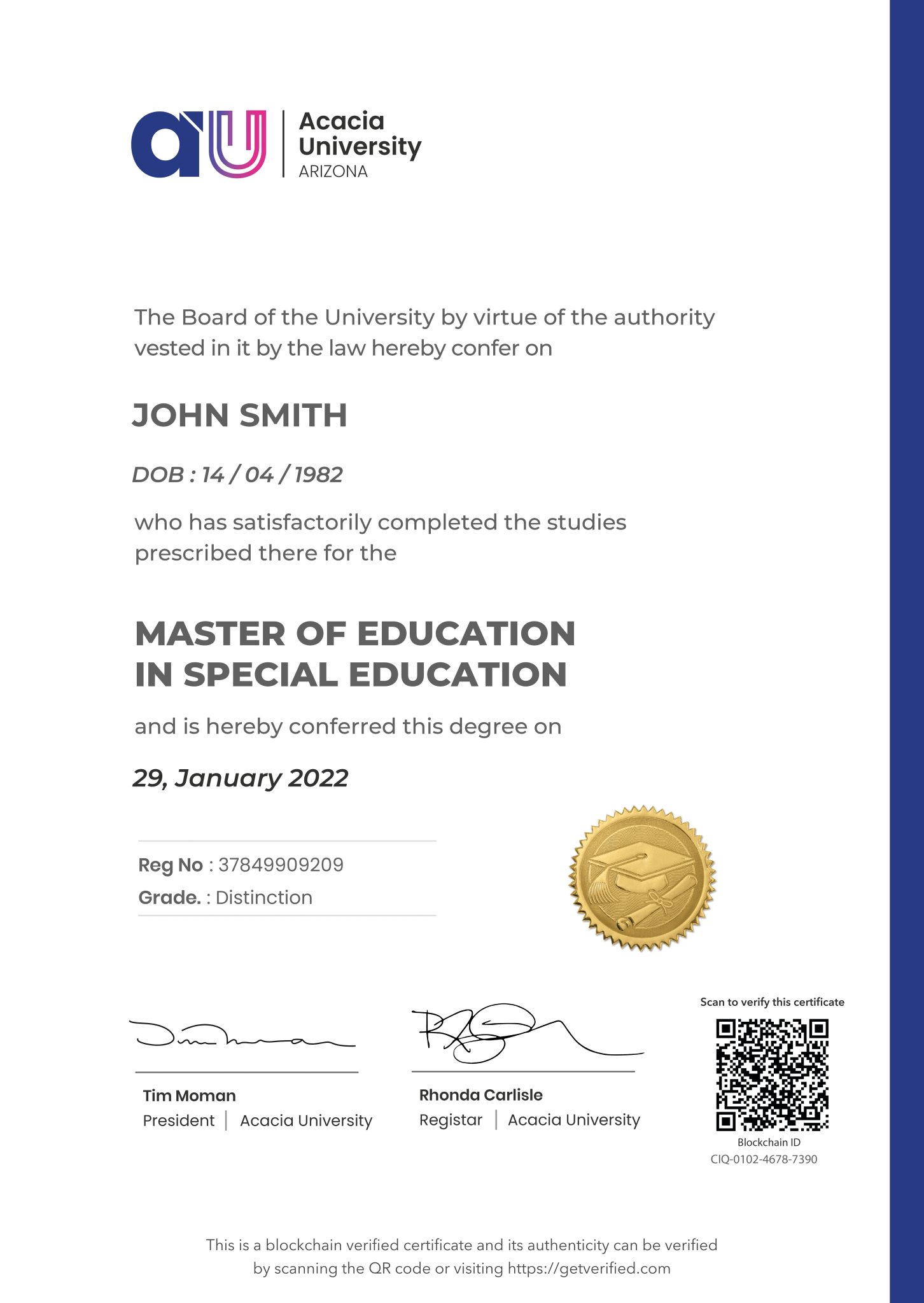
Master of Education in Special Education
The 24-month program is customised through examples, strategies, and assignments for any teacher to gain and sharpen instructional skills for special education students.
Based on 21,501+ reviews | 650,000+ learners
Our Alumni Work At:
Our learners occupy top positions in companies across industries and some of the world’s best-known firms

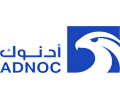


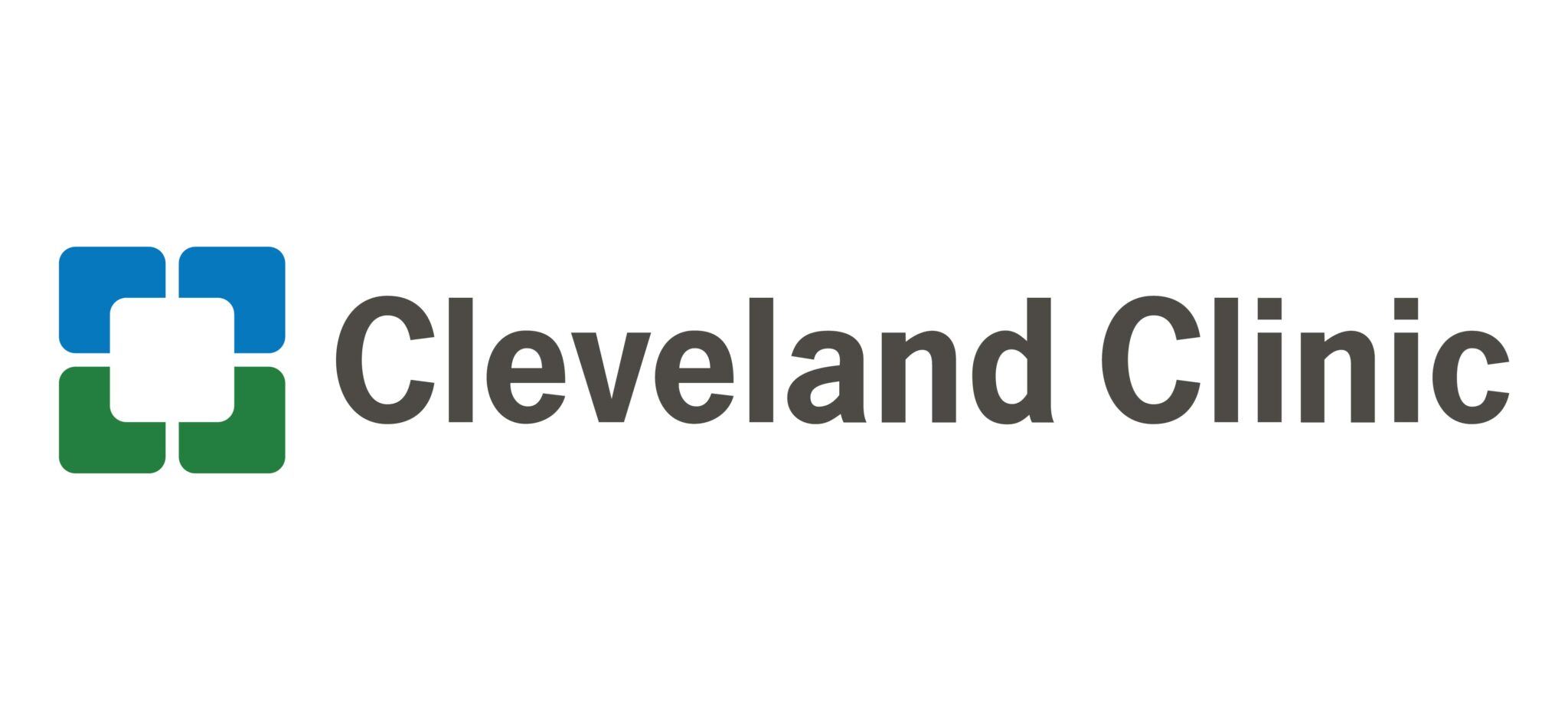




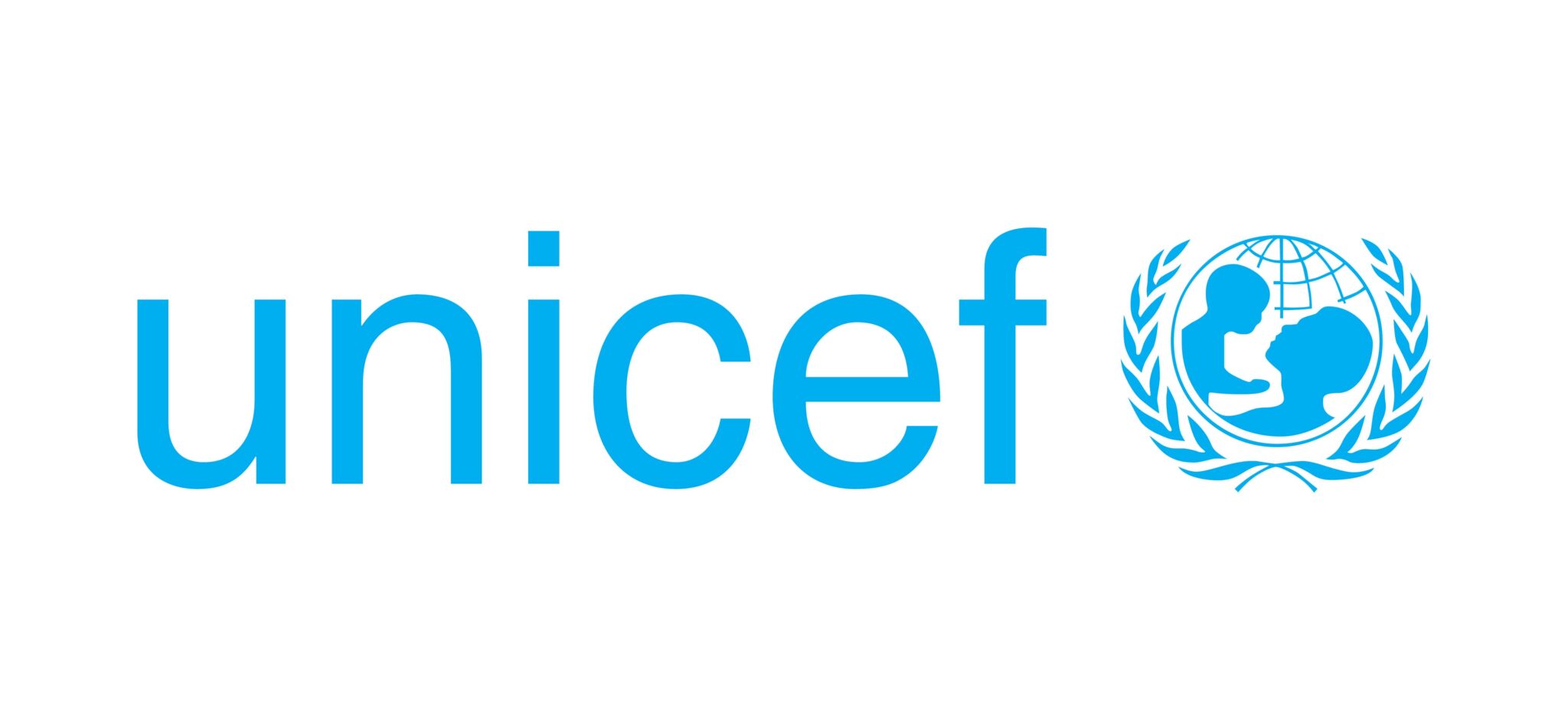
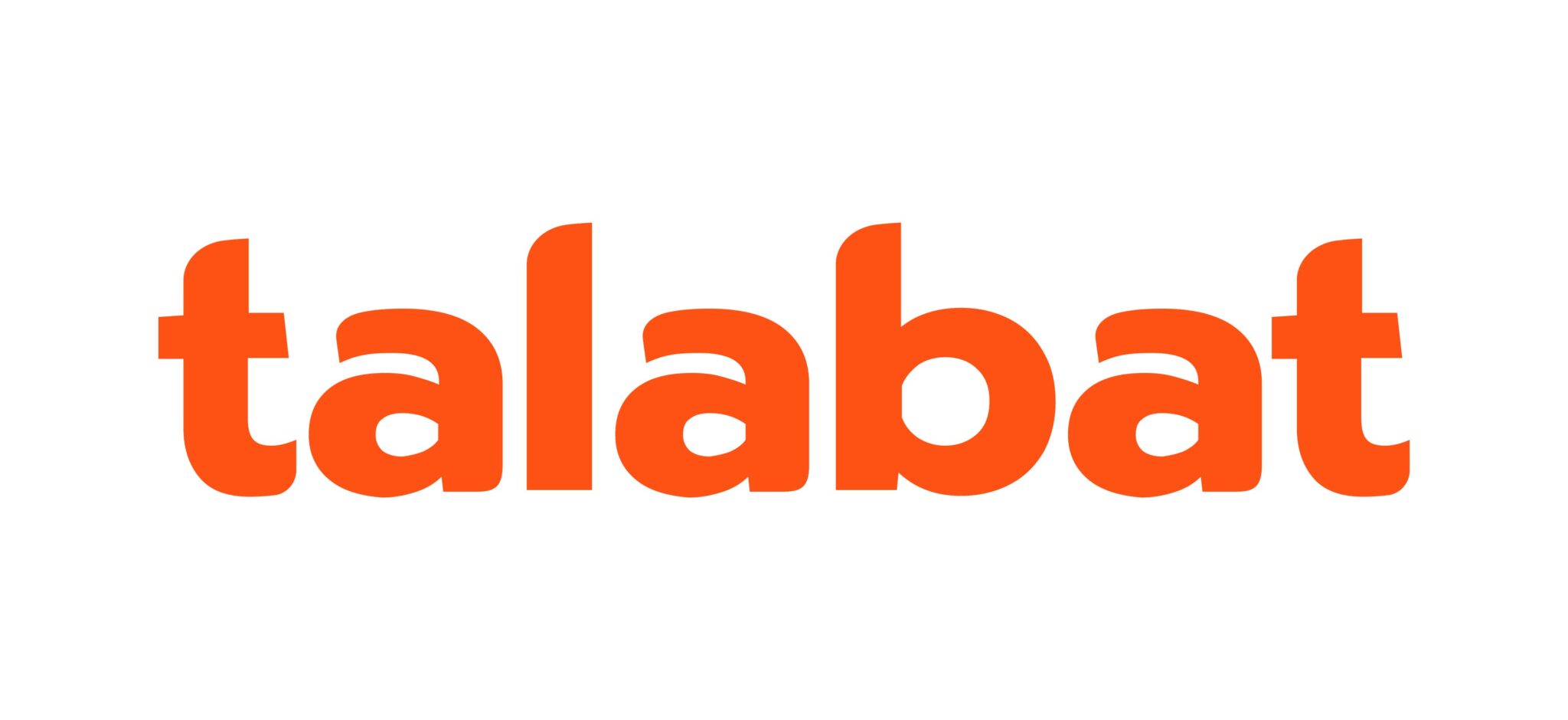
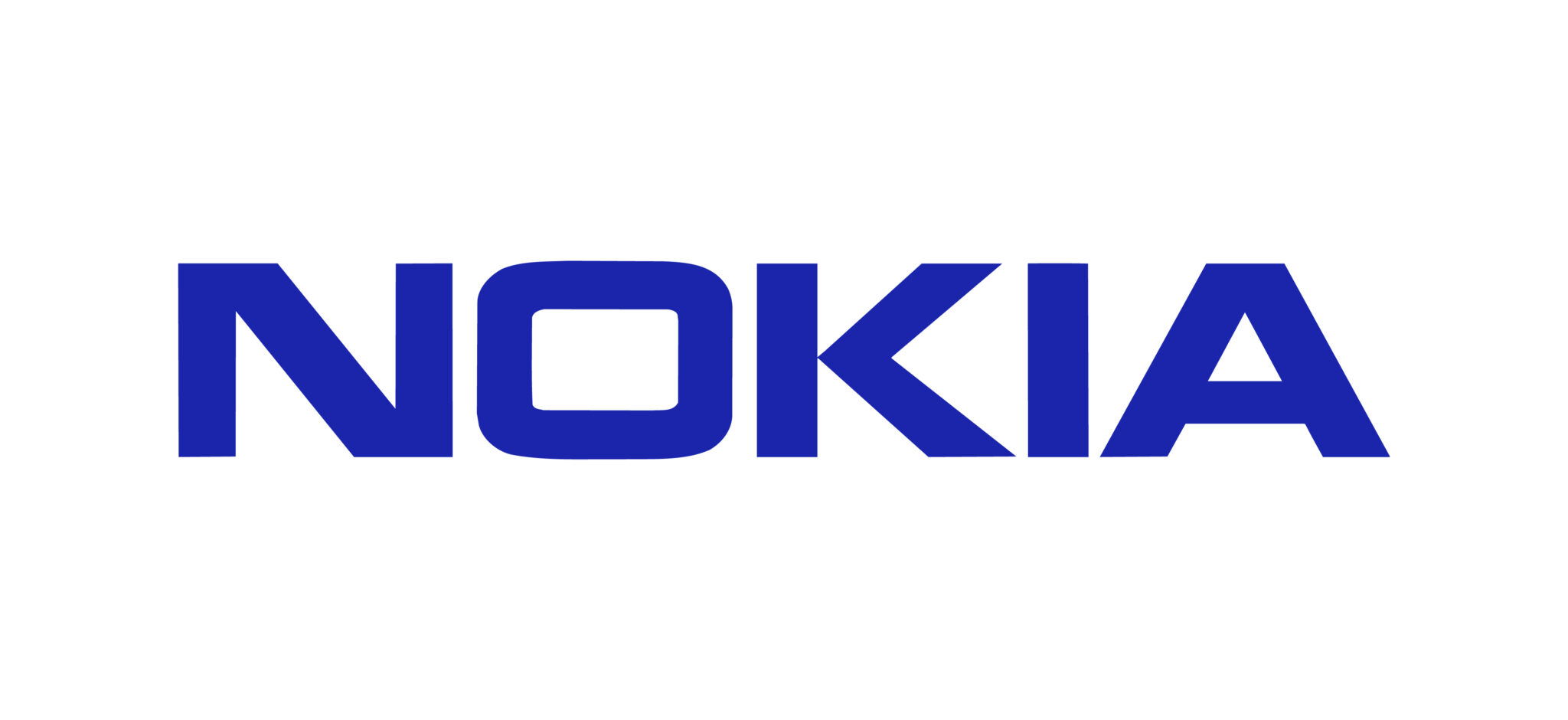

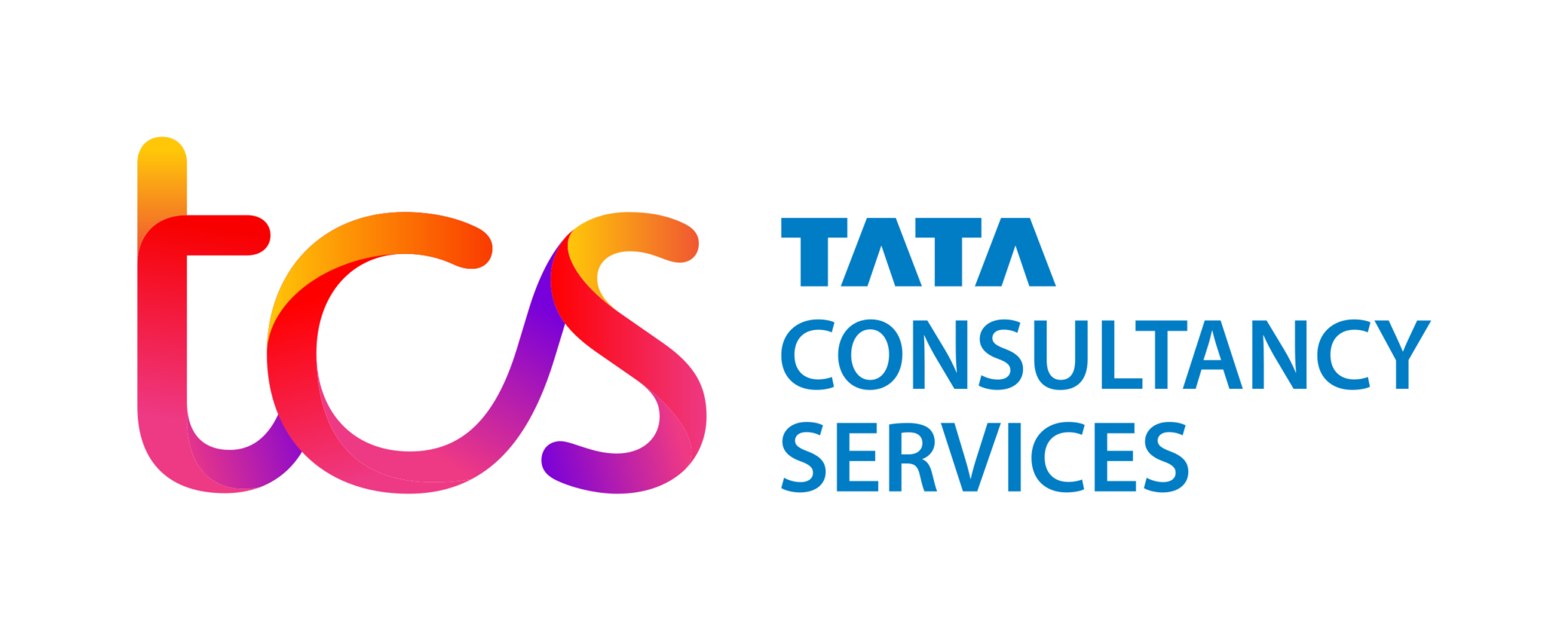




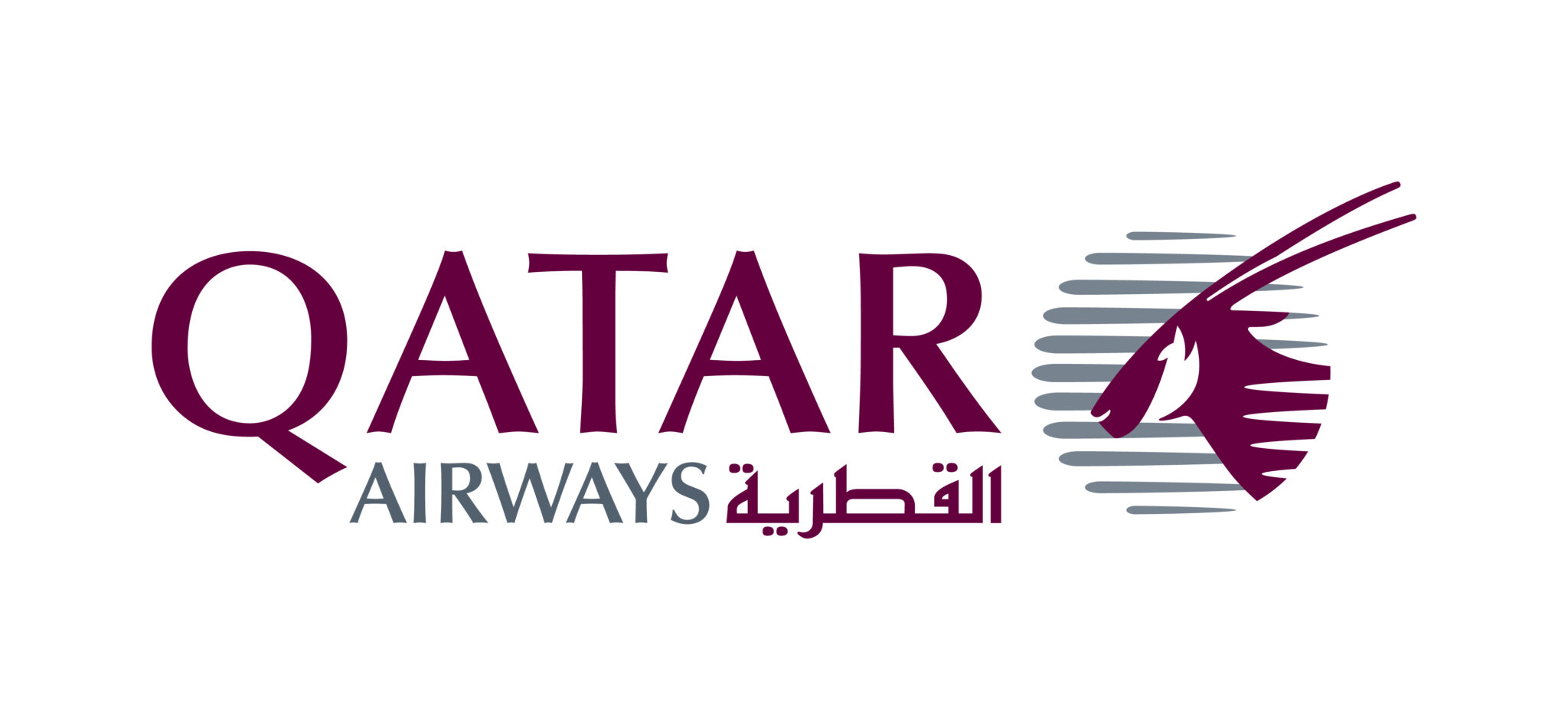
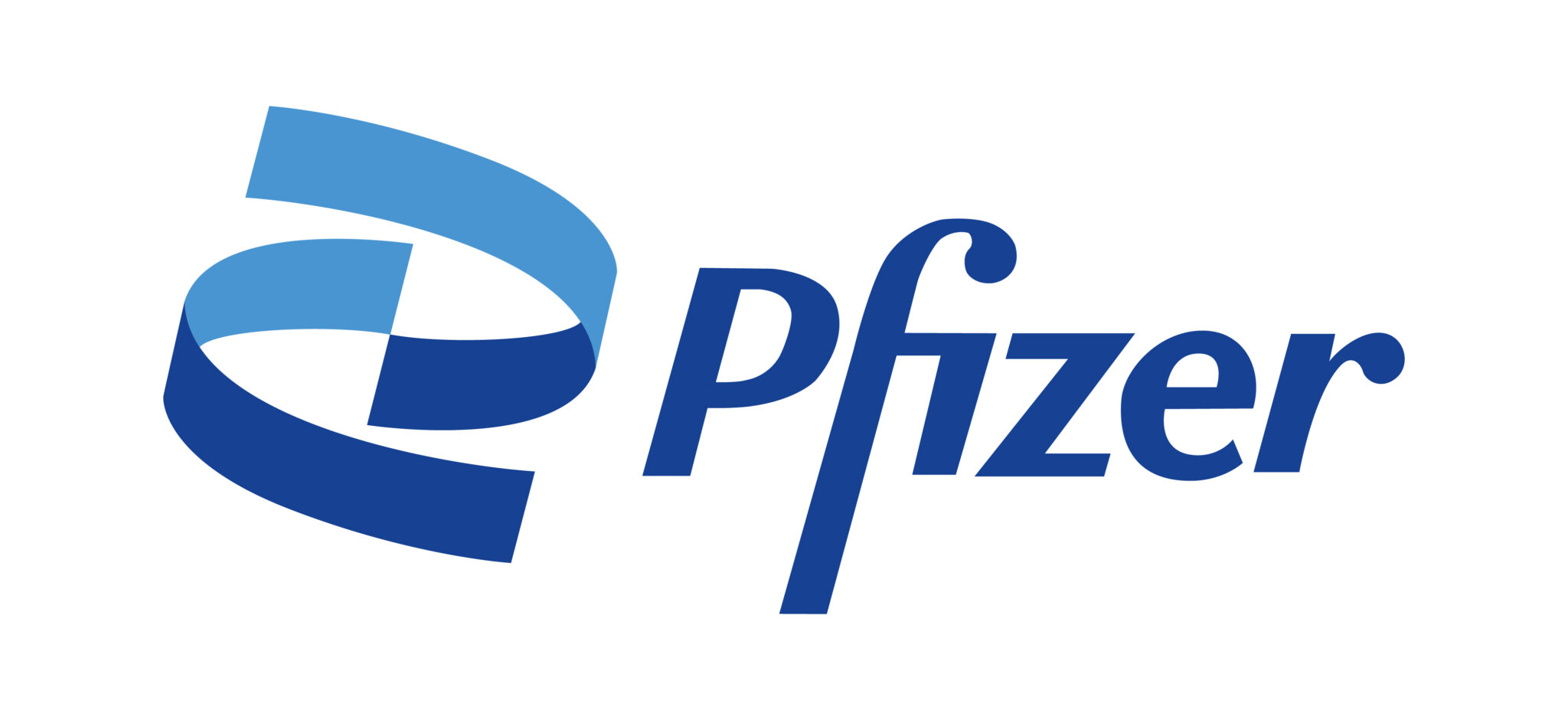
98.2%
Completion Rate
91.2%
Course Pass Rate
95%
Submission Rate
88%
Student Satisfaction
Speak to our Admission Team
Program Overview
The Master of Education in Special Education program is a 36-credit K-12 program that offers a rich combination of online learning, classroom practice, learning community sharing, research and analysis, and assessment to produce teachers that are capable of making a difference in student learning and achievement. Online examples in each lesson are provided to help primary, intermediate, junior, and senior high school special education teachers in any subject or lesson. The program is entirely customized through the use of examples, strategies, and assignments for any teacher to gain and sharpen instructional skills for special education students.
The courses that make up the program curriculum are designed to prepare and strengthen the teacher by providing the most current research-based and proven educational strategies and knowledge for meeting special education needs. The curriculum encompasses learning theory, educational foundations, brain theory, best practices, curriculum development, standards, and assessment. The courses in child and adolescent development, special needs, and classroom management provide a framework of how teachers can provide appropriate strategies and environments for all students. The study of school systems and decision-making assist the student in the governance of the school. A mentored practicum and portfolio project are included to enable the student to synthesize the knowledge and skills of the program into his/her personal understanding of an effective resource classroom for special education students.
Course Structure
Code | Course |
|---|---|
EDC501 | Instructional Strategies for Students with Special Needs |
EDC511 | Class room Assessment in Special Education |
EDC521 | Strategies for Improving Comprehension for Students with Special Needs |
EDC541 | Classroom Management for Students with Diverse Needs |
EDC551 | Child and Adolescent Development |
EDC561 | Curriculum, Instruction, and Assessment Methods in Special Education |
EDC571 | Special Needs Students |
EDC578 | English Language Learners with Special Needs |
EDC581 | Diagnosis and Assessment in Special Education |
EDC611-1 | Research Methods |
EDC611-2 | Action Research |
EDC621 | Special Education Internship (US students) |
EDC620 | Mentored Practicum (International students) |
Entry Requirements
- Successful completion of a baccalaureate degree from an accredited college or university – The degree must be verified on official transcripts sent by the awarding institution directly to Acacia University. Mail or secure electronic delivery is accepted.
International applicants: Applicants submitting transcripts from non-US institutions must have their transcript evaluated by a National Association of Credential Evaluation Services (NACES) member agency. This requirement does not apply to international applicants who received a degree from a US college or university. - English language competency – Applicants whose first language is not English and do not have a bachelor’s degree from a university in which instruction is conducted in English must provide evidence of English proficiency. The following are accepted exams and minimum scores required for admission:
- 60 on the paper-delivered Test of English as a Foreign Language (TOEFL PBT), or 71 on the Internet Based Test (iBT)
- 6.5 on the International English Language Test (IELTS)
- 50 on the Pearson Test of English Academic Score Report
- 100 on the Duolingo English Test
- 55 on the 4-skill Michigan English Test (MET)
- 650/LP on the Michigan Examination for the Certificate of Competency in English (ECCE)
- 650/LP on the Michigan Examination for the Certificate of Proficiency in English (ECPE)
- A minimum score on the College Board Accuplacer ESL Exam Series as follows: 1. ESL Language Use: Score of 85
- 2. ESL Listening: Score of 80
- 3. ESL Reading: Score of 85
- 4. ESL Sentence Meaning: Score of 90
- 5. ESL Writeplacer: Score of 4
- 6. Comprehensive Score for all exams of 350
- A minimum grade of Pre-1 on the Eiken English Proficiency Exam;
- A minimum B-2 English proficiency level identified within the Common European Framework of Reference (CEFR) standards and assessed through various ESOL examinations, including the University of Cambridge
- Verification of a teaching position or access to classrooms – confirmation of classroom and connectivity attestation through either a signed form https://www.acacia.edu/required-classroom-and-connectivity-attestation.pdf or declared via the Classroom and Connectivity Access Attestation section in the website admission form.
- The Master of Arts in Elementary Education requires access to elementary classrooms.
- The Master of Arts in Secondary Education requires access to secondary classrooms.
- The Master of Education in Educational Administration requires a minimum of 2 years of prior successful teaching experience and access to classrooms.
- The Master of Education in Special Education requires access to Special Education classrooms for implementation of strategies and assignments.
- The Master of Education in English as a Second Language requires access to classrooms with ESL students.
- Ongoing access to computer technology – All Acacia University courses are presented online so each applicant must have a computer and internet access to participate.
Learning Outcomes
Live & interactive lectures by expert faculties
Recorded session for offline viewing
World-class curriculum by eminent faculty
Regular webinars by industry leaders
Assignments for module assessments
Easy-to-use LMS accessible anywhere
Online library to further enhance your knowledge
Dissertation on your area of research work
Program Details
EDC501 Instructional Strategies for Students with Special Needs
This course features current methods of teaching and learning through various types of visuals, specifically, graphic organizers, word walls, and partnering. Using visual representations in all subjects and grade levels helps special needs students organize and express ideas and thoughts, improve comprehension, and remember information. Strategies are provided for teachers to use word walls in classrooms so that students build vocabulary and their understanding of major concepts. Graphic organizers, word walls, and partnering are effective for all students, including special education students and English language learners. Many classroom examples are provided for all grade levels and for special populations to assist the teacher in learning and implementing these strategies in the classroom.
EDC511 Classroom Assessment in Special Education
This course features current and relevant methods of teaching and learning through rubrics and editing. Teachers learn to use rubrics in all subject areas to set learning expectations for students with a wide range of abilities. Active learning is promoted so that special needs students become involved in their own learning. Teachers practice strategies for editing that provide specific feedback based on the use of rubrics for analysis. They also learn strategies that develop the students’ self-editing skills. The concept of editing is expanded to include visual products, performances, and processes as well as written products. These assessment skills are essential to all students including special education and English language learners. The rubrics set expectations for quality that provide for differentiated instruction for diverse populations. Many classroom examples are provided for all grade levels and for special populations to assist the teacher in learning and implementing these strategies in the classroom.
EDC521 Strategies for Improving Comprehension for Students with Special Needs
This course features multiple ways to use the strategies of reflection, note taking, and summarizing to increase learning. Teachers learn to design frequent opportunities for special needs students to reflect about the important concepts in the subjects they teach. Based on brain research, reflection means “thinking about learning”. It is effective for use in all grades, subject areas, and for all students, with differing ability levels, to enhance knowledge, clarify concepts, and relate new ideas to prior knowledge. Teachers learn to use and teach note-taking, use summaries and summary frames to assist the students in organizing reflections, summarizing notes, and summarizing various types of written material. Many classroom examples are provided for all grade levels and for special populations to assist the teacher in learning and implementing these strategies in the classroom.
EDC541 Classroom Management for Students with Diverse Needs
This course assists teachers in organizing the classroom environment; working with all students to design rules and routines; and using strategies to create and maintain an effective learning environment/community. Specific strategies are suggested to limit or decrease behaviors that interfere with learning. Teachers learn recording techniques for observing and analyzing student behavior in the classroom. They examine strategies to promote effective parental and community resources that will maximize learning in diverse classrooms. Many classroom examples are provided for all grade levels and for special populations to assist the teacher in learning and implementing these strategies in the classroom.
EDC551 Child and Adolescent Development
This course focuses on effective implementation of developmentally appropriate strategies in the classroom. Participants explore various domains and stages of development within age ranges from birth to 18. They learn the role of culture in the learning process and how collaboration among the many stakeholders in the school and community affects development. The stages relate to cognitive, emotional, physical, and social development and how teachers can facilitate student growth in these areas. The strategies focus on all aspects of the classroom from the decision-making to the way instruction is delivered. Many examples are provided for all grade levels and for special populations to assist the teacher in understanding these stages and using effective strategies in the classroom.
EDC561 Curriculum, Instruction, and Assessment Methods in Special Education
This course builds teacher understanding about academic curriculum content and assessments for diverse learners. Understanding and using national, state, and local standards in planning, instruction, and assessment are highlighted. Types of assessments are explored and strategies for developing content assessments that align to the curriculum are presented. Teachers learn how to relate the curriculum and assessments to state, provincial, or country standards and adjust for diverse populations. Those populations include students who are English learners and those diagnosed as special education learners. May examples are provided for all grade levels and for special populations in order to assist the teacher in learning and implementing effective curriculum and assessment strategies in the classroom.
EDC571 Special Needs Students
This course focuses on the special instructional needs related to special education students, gifted students, and English language learners. Teachers learn how to use learning styles, differentiated learning, and effective strategies that engage learners and provide for individual needs. Specific strategies are suggested for the various populations. Strategies for adapting a “regular” classroom to provide an appropriate learning environment for all children, including those outside the normal range, are provided and discussed. Many examples are provided for all grade levels and for special populations to assist the teacher in learning and implementing effective strategies in the classroom.
EDC578 English Language Learners with Special Needs
This course features an emphasis on understanding English language learners (ELL) in the mainstream or cross-categorical classroom. Students will study the development of language, culture, theory, programs, methods, and strategies for teaching the English language learner in all grades and subject areas. Students will learn to implement effective programs and strategies that focus on oral and written language development and the teaching of reading, as well as the implementation of ELL strategies in all subject areas with diverse abilities and needs. Many classroom examples are provided for all grade levels to assist the student in learning and implementing these strategies in the classroom.
EDC581 Diagnosis and Assessment in Special Education
This course focuses on the variety of assessments used in identifying, diagnosing, and placing special education students. Teachers will have opportunities to practice using assessments, interpreting results, making recommendations, and writing a report. This assessment information is used help determine eligibility, design programs, and make placement decisions for special education services according to IDEA.
EDC611-1 Research Methods
This capstone course focuses on the methods used in quantitative and qualitative research with an emphasis on action research in the classroom. Each student will conduct an action research project that applies some aspect of the previous courses. Electronic portfolios are used to store and organize all the materials for the project such as logs, reflections, and summaries, assessments, examples of curriculum and assessment development, case studies, charts, graphs, and video clips.
EDC611-2 Action Research
This capstone course is the final course of the master’s degree program and demonstrates proficiency of learning and applying skills learned and practiced throughout the program. A formal presentation of the action research may be made to an audience such as the principal and staff or attendees at a conference, workshop, or seminar.
EDC621 Special Education Internship (US students)
The internship involves an onsite special education internship of 21 weeks. The internship is arranged by Acacia University in cooperation with a school administrator where the internship will occur. It begins on the first Sunday of either August or January and ends on the last Saturday of either December or May. It focuses on two individualized applied projects determined by the graduate student, the cooperating teacher, and the online professor. The total internship includes a full semester of onsite field experience at a school for 270 hours. Each project experience will encompass classroom observations, demonstrations, modeling, feedback, and practice applying prior learned skills. Application of the overall Acacia Special Education Teaching Standards for Mild/Moderate Students is required. The experience also includes research, analysis, surveys, interviews, discussions with others, and the maintenance of a log and journal with weekly notes. The onsite experience will involve school and/or classroom-related activities and tasks planned jointly with the cooperating teacher and the online professor. Regularly scheduled online video conferences with the professor and/or Learning Coach will be scheduled at mutually agreed upon times. Experience gained in the onsite internship, as recorded in the internship log and journal, evaluation forms, and other relevant activities will be summarized and presented in a final report.
EDC620 Mentored Practicum (International students)
The mentored practicum is an individualized application project determined by the student, the school leader where he/she is employed, the assigned mentee at the school, and the online instructor. The course provides students with research-based and evidence-based strategies to establish and maintain mentoring relationships. Students examine various mentoring models and learn about the essential characteristics of effective mentoring. Students apply critical thinking skills to design, implement, and assess work based mentoring experiences while reflecting on their practices and how they influence mentoring outcomes.
Acacia University
Acacia University, Arizona, US, stands as a symbol of regeneration, perseverance, and integrity and is on a mission to make learning a long-lasting, invigorating experience. Acacia’s origin dates back to 2003 when Educational Cyberconnections, Inc. began a partnership with the Commission on International and Trans-Regional Accreditation (CITA) to provide onsite training to CITA schools in Egypt, Pakistan, United Emirates, and China. This training created a demand for additional and continuing training that resulted in establishing an onsite and online program under the title of CITA Teacher Certification Program. Then in 2005, Power-Ed and CITA developed and delivered a web-based curriculum (24 credits) that could be delivered via the Internet throughout the world. The school became the American Graduate School of Education and the name change to Acacia University was approved by the State Board for Private Postsecondary Education – State of Arizona on May 11, 2012, effective June 1, 2011.
Our Testimonial
AfriCred made my dreams come true! As a Nigerian student, securing an education loan for overseas studies seemed like an impossible task. But AfriCred stepped in and not only secured the loan but also efficiently processed my tuition fees. Their expertise and dedication turned my dream of studying abroad into a reality. I am forever grateful for their support!

Oluwaseun A
AfriCred is a game-changer for Nigerian students aspiring to study overseas. They understood the financial challenges we face and helped me secure an education loan with ease. Their guidance and assistance in processing tuition fees streamlined the entire process. Thanks to AfriCred, I am now pursuing my dream education abroad!

Temi O
I can't express how thankful I am to AfriCred. As a Nigerian student, I faced many obstacles when it came to funding my overseas education. AfriCred not only secured a tailored education loan for me but also made the tuition fee process incredibly smooth. They are true education financiers and have changed my life for the better!

Chinedu N
AfriCred is a lifeline for Nigerian students seeking higher education abroad. Their dedication and expertise in securing education loans and handling tuition fees are commendable. Thanks to AfriCred, I am now living my dream of studying overseas. I highly recommend their services to every aspiring international student!

Adesua E
AfriCred turned my overseas education dreams into a reality! Their commitment to helping Nigerian students like me secure education loans and simplifying the tuition fee process is unparalleled. I can't thank them enough for their unwavering support and guidance. AfriCred is a blessing for all of us!


